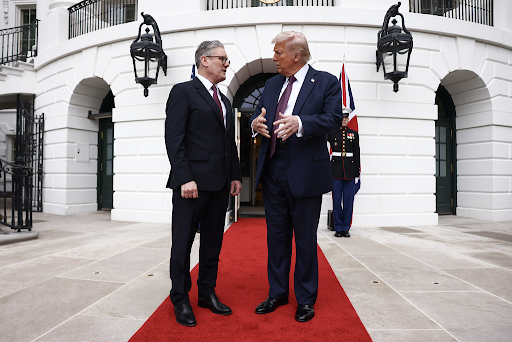A public disagreement over the path to Middle East peace erupted between President Donald Trump and Prime Minister Keir Starmer in London, centered on the UK’s plan to unilaterally recognize a Palestinian state. Trump’s explicit statement of opposition laid bare a significant rift in the strategic thinking of two of the world’s most closely allied nations.
The American president held fast to the traditional U.S. policy that statehood for Palestinians must be a negotiated outcome, not a unilateral declaration recognized by others. This “process-first” approach insists that all parties must agree on the terms of a settlement before a state is formally acknowledged. The U.S. underscored this commitment recently with its lone dissenting vote on a major UN resolution concerning the two-state solution.
Prime Minister Starmer, while acknowledging the differing views, made a case for his government’s proactive stance. He described the planned recognition as a “catalyst,” a diplomatic maneuver designed to inject urgency and fairness into a peace process that has languished for years. The UK’s new strategy is to use the power of recognition to foster the conditions for a successful negotiation.
This clash represents more than a simple policy difference; it’s a conflict of diplomatic philosophies. The U.S. philosophy is one of facilitation and conditionality, where the ultimate prize is withheld to incentivize compromise. The UK’s emerging philosophy is one of active intervention, where a major prize is awarded early to rebalance the scales and encourage progress from a new starting point.
The backdrop of a formal state visit amplified the significance of this public discord. Starmer’s decision to delay the policy’s implementation is a nod to diplomatic protocol, but the message has been sent. The United Kingdom is charting its own course on one of the world’s most complex issues, signaling a new era of independence in its foreign policy.

